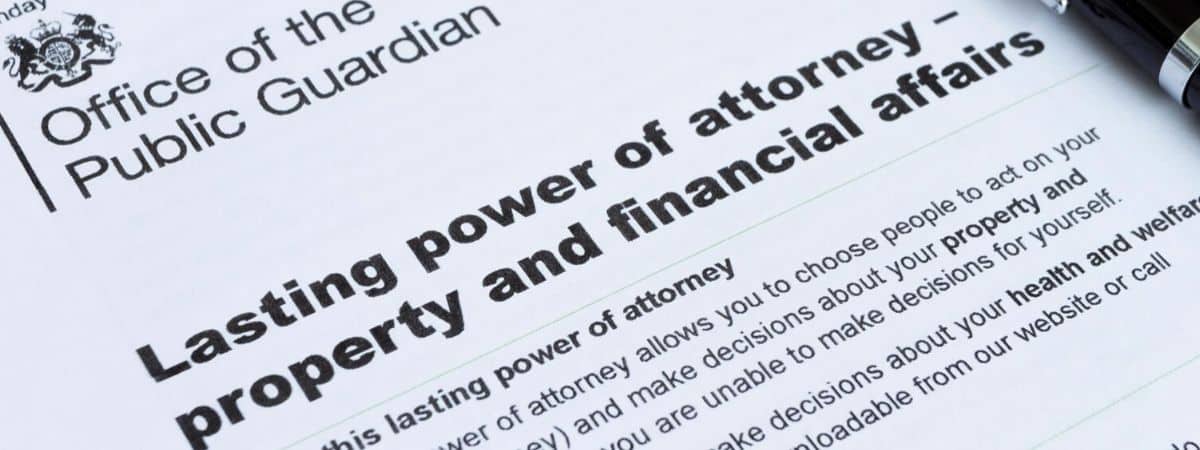Empowering Your Future: Making changes to a Lasting Power of Attorney
A Lasting Power of Attorney or LPA is a document giving legal authority for someone to deal with your affairs on your behalf. This is in case you are ever unable to do so yourself. Over time you may want to change the arrangements you have made. We look at amending and ending a power of attorney and how long an LPA lasts.
It is recommended that everyone consider putting one in place. This ensures that should anything happen, your loved ones have the reassurance of being able to look after you.
You can put two types of LPA in place, one in respect of your health and welfare and one in respect of your property and financial affairs. You can hold on to your LPA until it is needed or alternatively register it with the Office of the Public Guardian (OPG) so that it is ready to use. However the new LPA’s rule state that once it has been signed it must be registered.
Sometimes it is necessary to make changes due to altering circumstances. We look at amending or ending a Lasting Power of Attorney once it has been registered with the OPG.
When an LPA ends automatically
In some instances, an LPA will end automatically. These include:
- If the person you have appointed to be your attorney dies or loses the mental capacity to act
- If your chosen attorney is your spouse or civil partner and you divorce or dissolve your partnership
- If your property and financial affairs attorney is declared bankrupt or is the subject of a Debt Relief Order
- If the Court of Protection removes your attorney, when they are not acting in the best interests of the person who appointed them
If your chosen attorney has died and your LPA had been registered, the OPG should be notified. They will need to see a copy of the death certificate and also be sent the original LPA document.
Choosing to end an LPA
There are several reasons you may want to revoke an LPA, including the following:
- You would prefer to appoint someone else. This may be because your relationship with your chosen attorney has changed. Possibly you may have found someone you believe will be better placed to take on the role
- You believe your attorney might struggle to deal with your affairs because of their own health issues or age
- Your attorney has moved away
You can revoke a registered LPA by making a written deed of revocation. This is sent direct to the OPG with the original LPA. Any attorneys appointed under the LPA must also be notified.
Changing the details of an LPA
You can choose to remove just one attorney, where you have appointed more than one, by signing a partial deed of revocation. Again, both the OPG and the attorney in question should be notified.
If you wish to end or alter a Lasting Power of Attorney, this should be done while you have mental capacity. It is important to follow the correct procedure. Someone who specialises in LPAs will be able to make sure that the right documentation is signed and that notifications are dealt with to ensure that the changes are able to take effect.
Contact us
If you would like to speak to one of our experts call us FREE on 0800 781 6658 or email us at enquiries@estplan.co.uk

Our services help numerous clients and their families to proactively safeguard their wealth and optimise inheritance for cherished beneficiaries. Plan for the future now, ensuring later-life protection and certainty for your loved ones.
